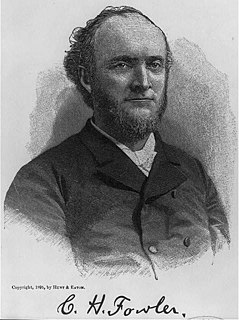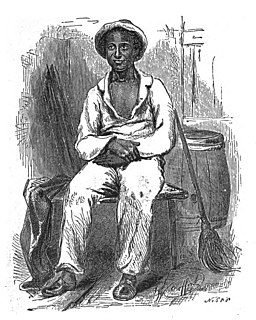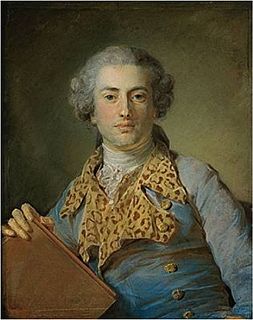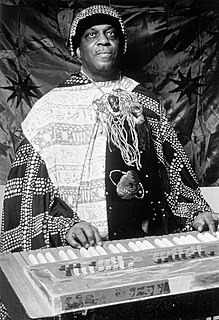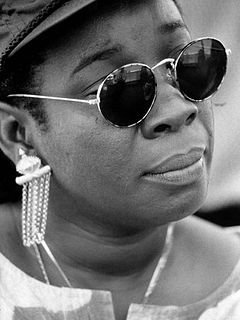A Quote by Henry Wadsworth Longfellow
The great tragedy of the average man is that he goes to his grave with his music still in him.
Related Quotes
At such times, the heart of man turns instictively towards his Maker. In prosperity, and whenever there is nothing to injure or make him afraid, he remembers Him not, and is ready to defy Him; but place him in the midst of dangers, cut him off from human aid, let the grave open before him, then it is, in the time of his tribulation, that the scoffer and unbelieving man turns to God for help, feeling there is no other hope, or refuge, or safety, save in his protecting arm.
It is not the right of property which is protected, but the right to property. Property, per se, has no rights; but the individual - the man - has three great rights, equally sacred from arbitrary interference: the right to his life, the right to his liberty, the right to his property The three rights are so bound together as to be essentially one right. To give a man his life but to deny him his liberty, is to take from him all that makes his life worth living. To give him his liberty but take from him the property which is the fruit and badge of his liberty is to still leave him a slave.
I will make an average man into an average dancer, provided he be passably well made. I will teach him how to move his arms and legs, to turn his head. I will give him steadiness, brilliancy and speed; but I cannot endow him with that fire and intelligence, those graces and that expression of feeling which is the soul of true pantomime.
The soul is no traveller; the wise man stays at home, and when his necessities, his duties, on any occasion call him from his house, or into foreign lands, he is at home still, and shall make men sensible by the expression of his countenance, that he goes the missionary of wisdom and virtue, and visits cities and men like a sovereign, and not like an interloper or a valet.
Give me the artist who breathes it like a native, and goes about his work in it as quietly as a common man goes about his ordinary business. Mozart did so; and that is why I like him. Even if I did not, I should pretend to; for a taste in his music is a mark of caste among musicians, and should be worn, like a tall hat, by the amateur who wishes to pass for a true Brahmin.


